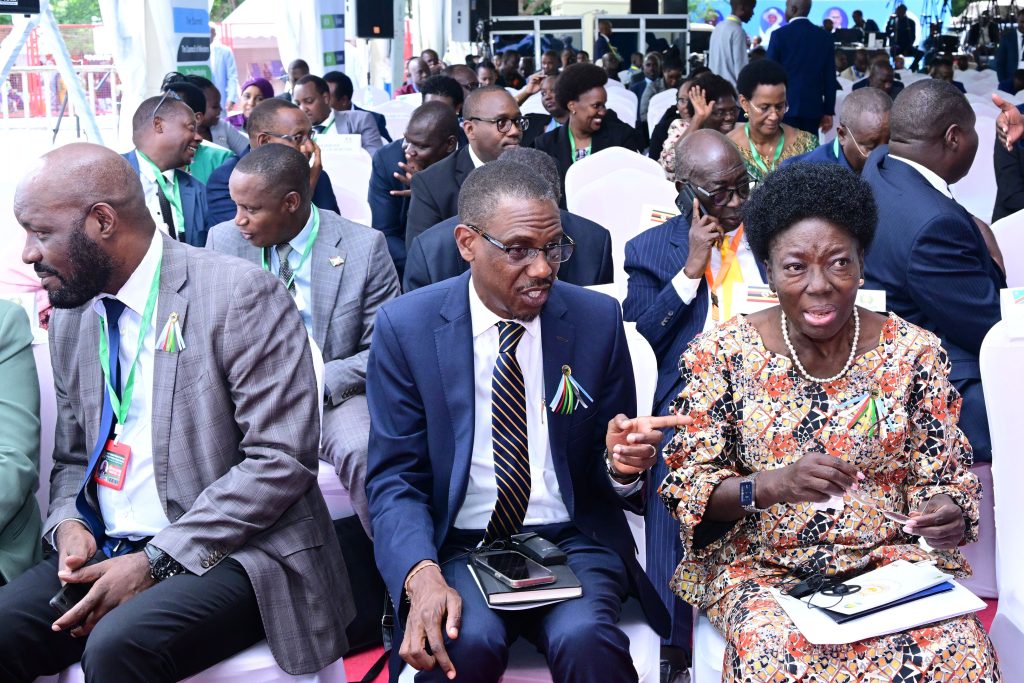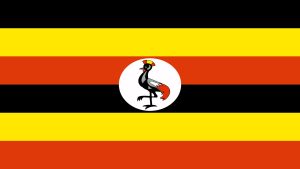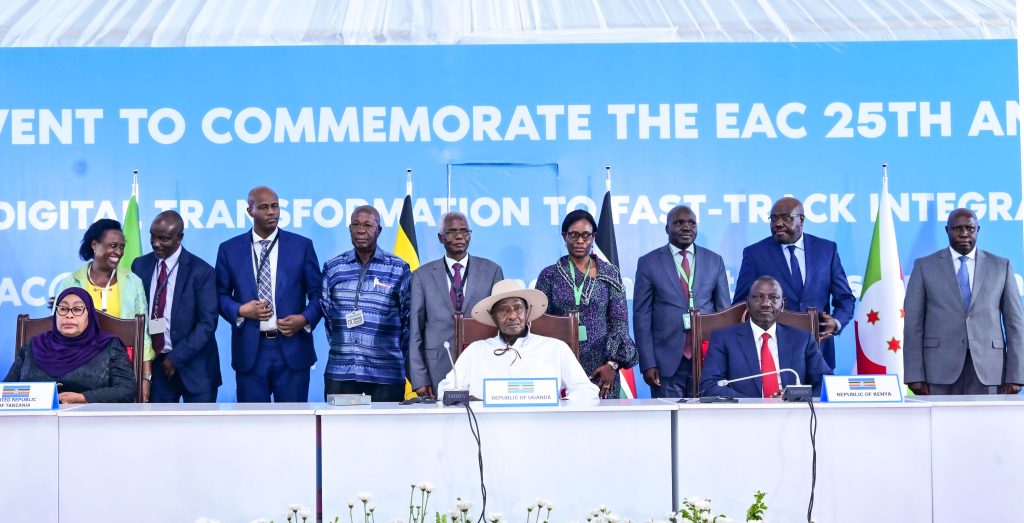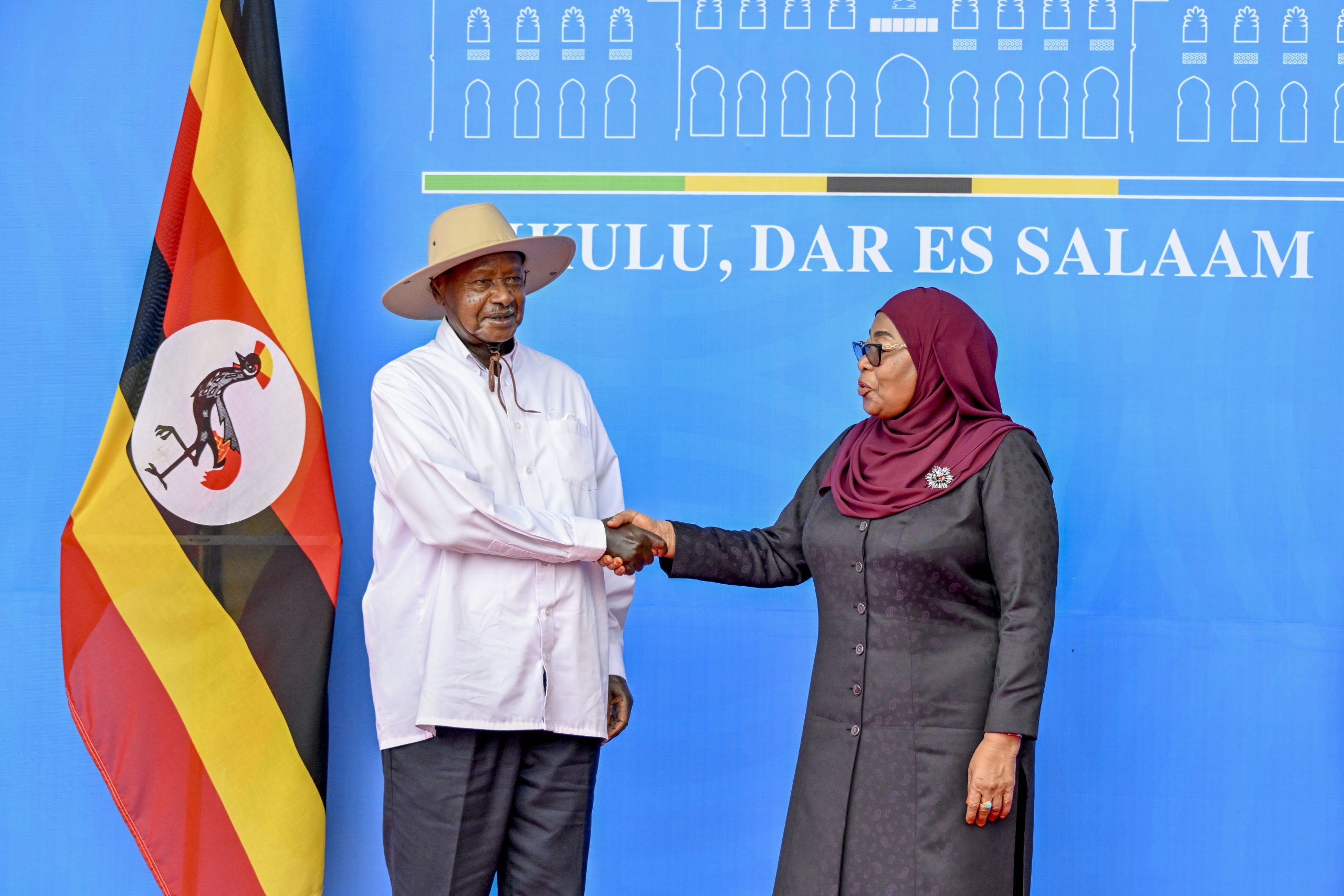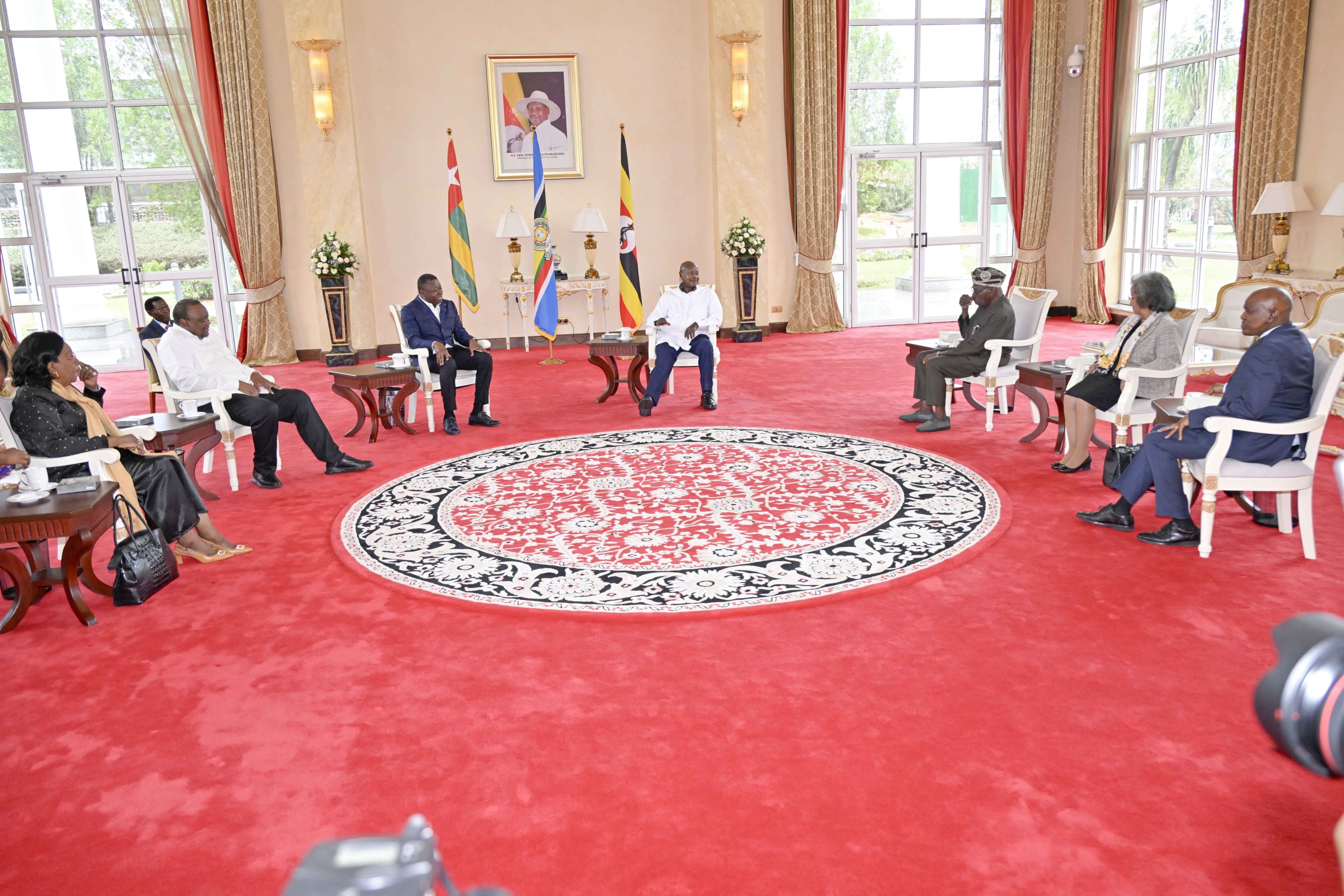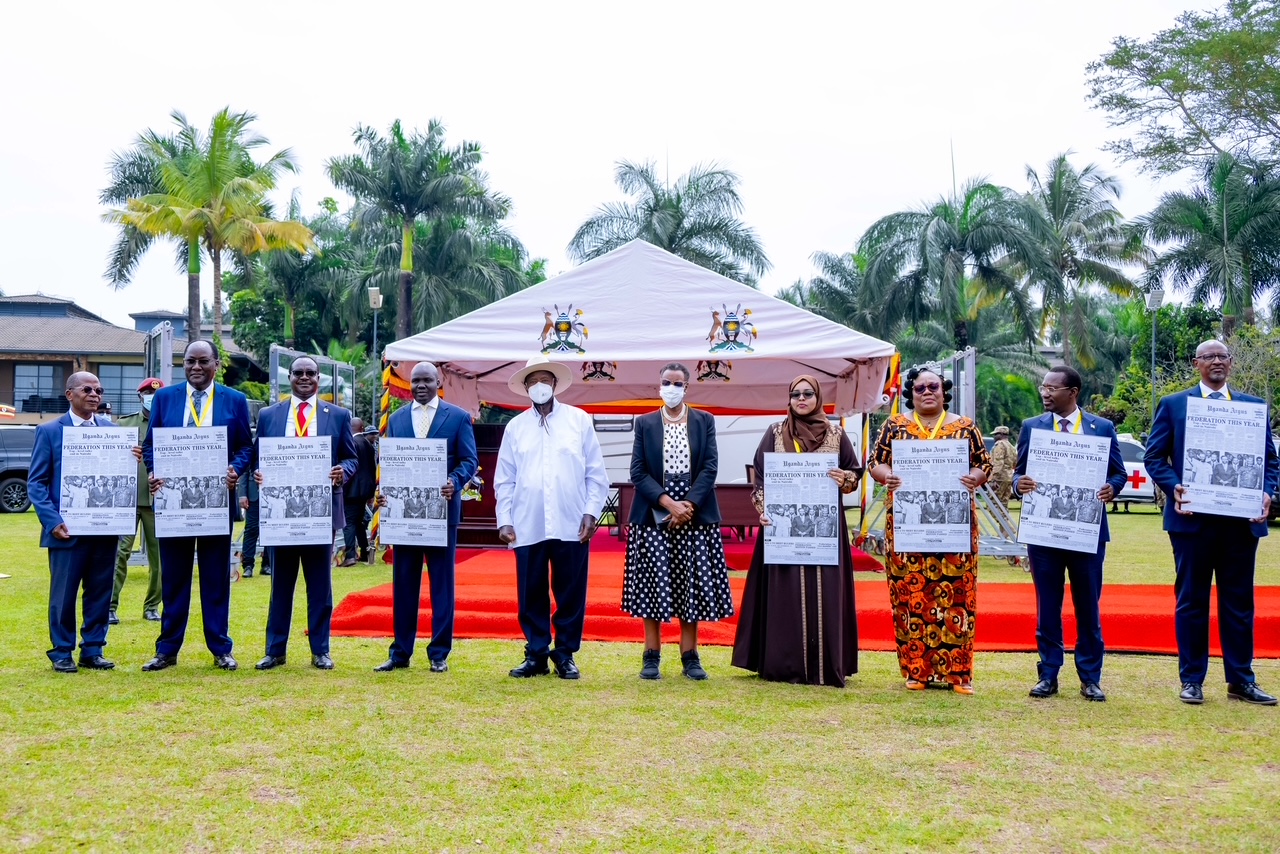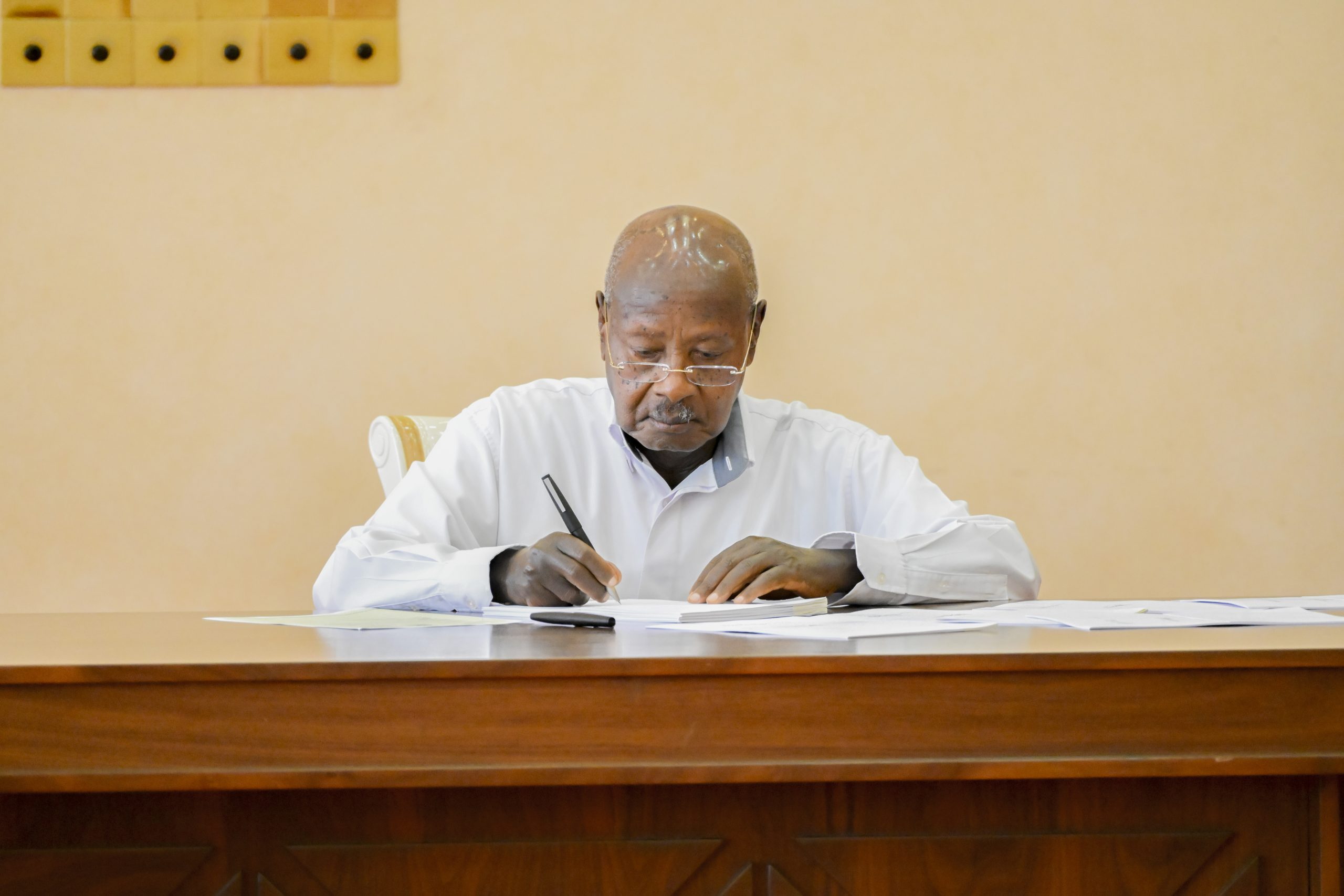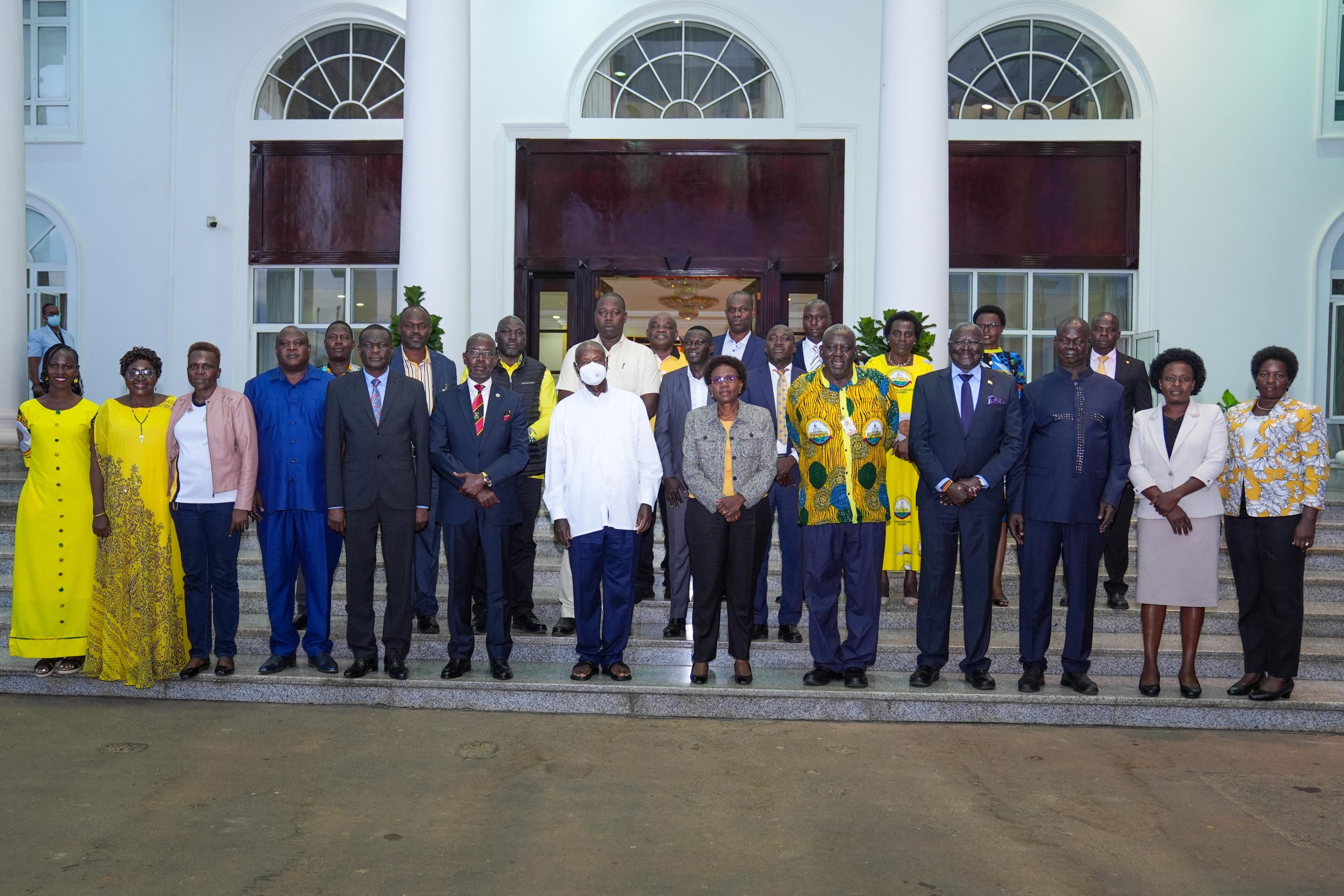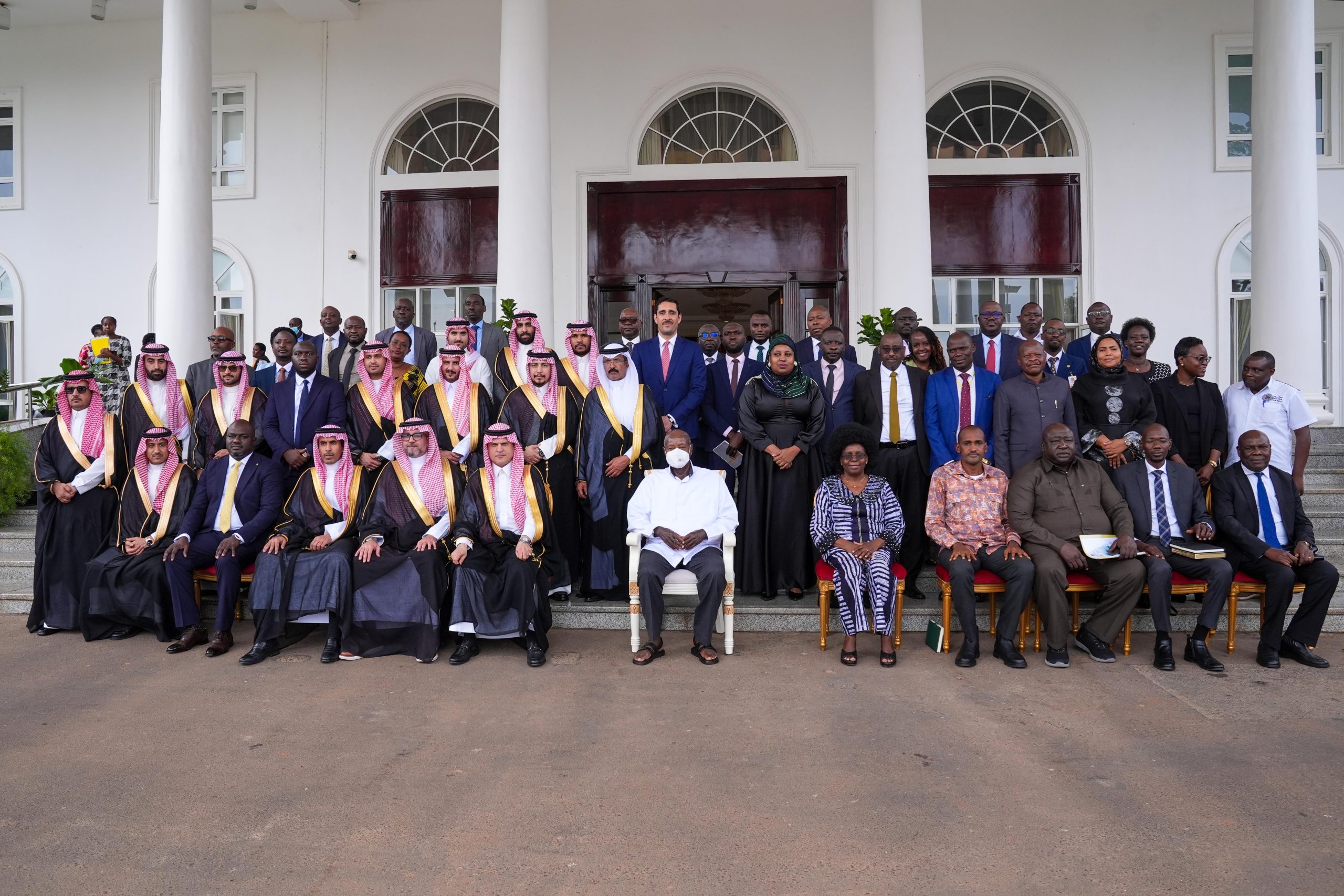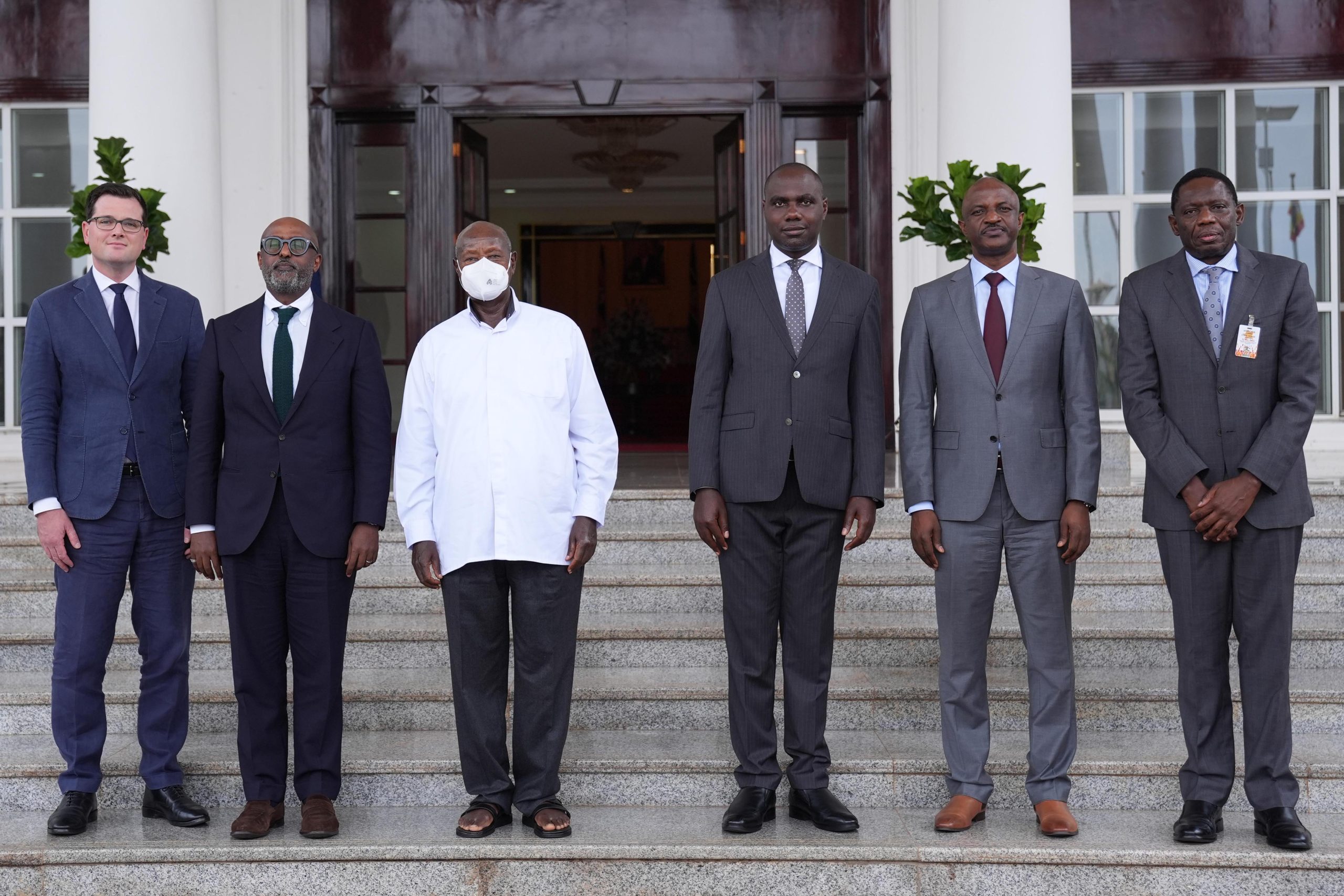Held under the theme, “Promoting Trade, Sustainable Development, Peace and Security for Improved Livelihoods”, the high-profile event brought together leaders from across the region to reflect on the EAC’s achievements and strategize for the future.
The summit which began on November 29th, will conclude tomorrow, November 30th, 2024, at Arusha International Conference Center.
The Heads of State discussed pressing issues shaping the region, focusing on strengthening economic resilience, enhancing peace and security and fostering initiatives to promote intra-regional trade and sustainable development.
In their remarks, the leaders highlighted the remarkable progress the EAC has made since its re-establishment in 1999.
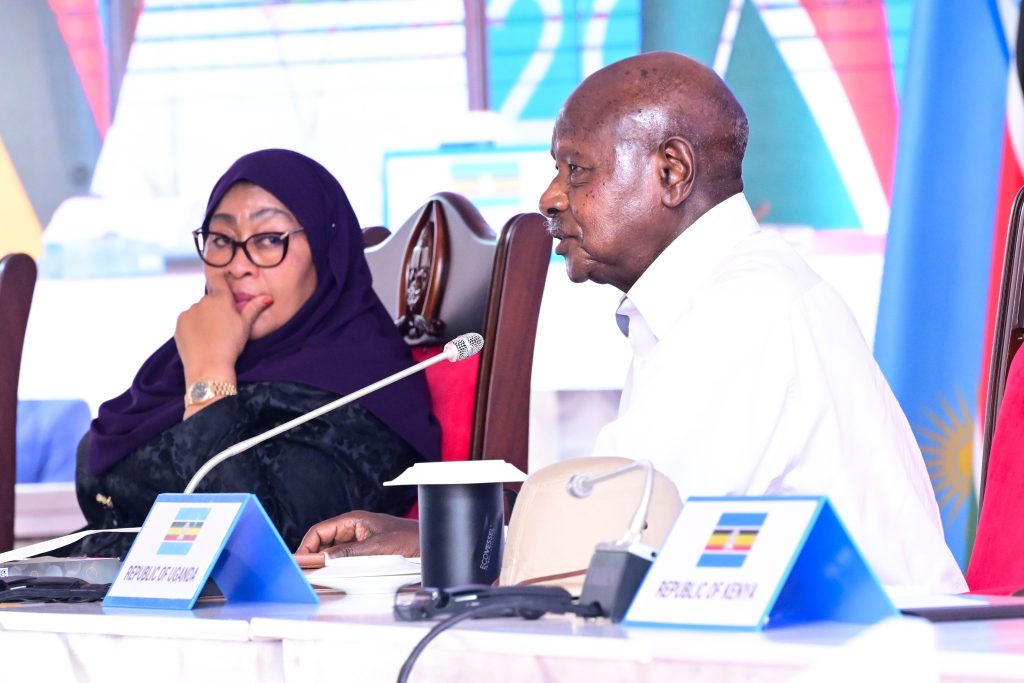
Originally a three-member bloc, the community has grown to include eight member states; Burundi, Democratic Republic of Congo, Kenya, Rwanda, South Sudan, Tanzania, Uganda, and Somalia representing a combined population of over 300 million people.
During the high level side meeting, President Yoweri Kaguta Museveni called for EAC to build on its 25-year journey of integration by embracing a broader historical perspective and advancing the cause of regional unity.
The President highlighted the region’s deep historical roots in trade and cooperation, spanning over 1,000 years.
“While we are here to celebrate 25 years of the revised EAC, I propose that we also acknowledge more than 1,000 years of trade connectivity in this region,” said President Museveni.
He pointed to evidence of ancient trade, such as the glass beads, pottery, and cattle bones unearthed in Uganda’s Bigo bya Mugenyi, which date back to between 900 AD and 1350 AD.
These items, he explained, were not locally produced but came from as far as Mesopotamia (modern-day Iraq) through established trade routes.
This historical connectivity, President Museveni emphasized, created a “Connected Trade Area” (CTA) linking the East African coast, the Savanna lands of central Tanzania and the Great Lakes region.
“This trade area was thriving long before the Europeans arrived in 1498,” he said, but disclosed that colonialism disrupted the region’s unity and economic networks.
Reflecting on the challenges of leadership during the pre-colonial era, President Museveni noted, “Some of our chiefs let us down by failing to organize against external threats. When Vasco da Gama arrived on the East African coast in 1498, it marked the beginning of our disconnection, which was exacerbated by colonial powers.”
President Museveni also lauded the vision of East African leaders such as Mzee Jomo Kenyatta, Mwalimu Julius Nyerere, and Dr. Milton Obote, who, on June 3, 1963, laid the foundation for the East African Community.
“Their bold decision to establish the EAC was a significant step, even though the political federation they envisioned was not fully realized,” he said.
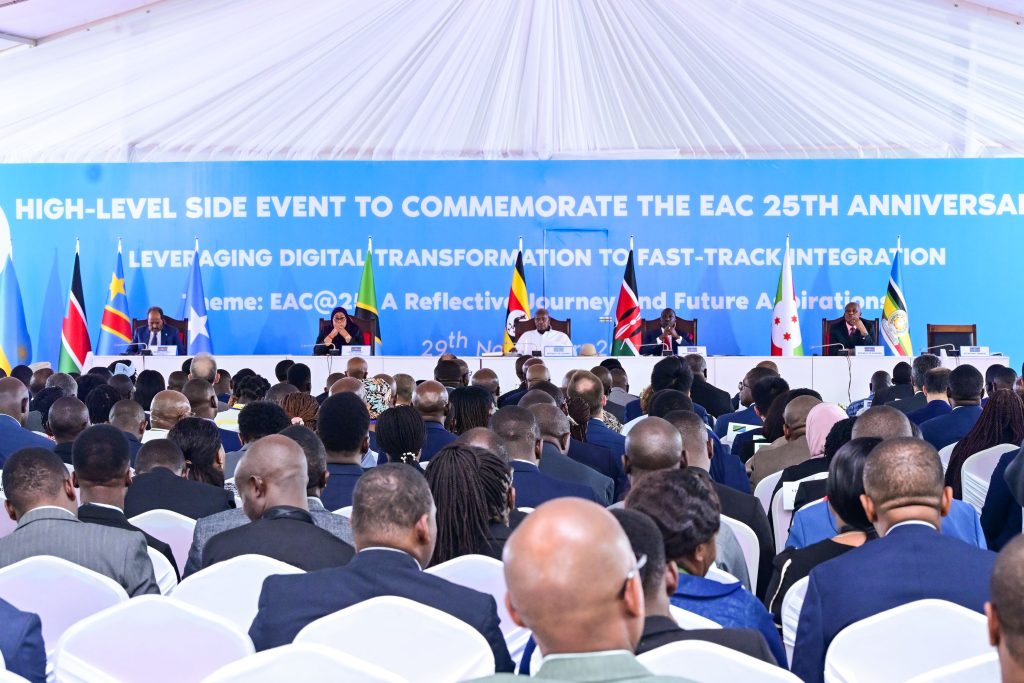
He praised Tanzania for leading by example when Tanganyika and Zanzibar united to form the United Republic of Tanzania, calling it a testament to the possibility of deeper regional integration.
“If that spirit had been embraced by all, we could have avoided many of the challenges that plagued our region, such as the Idi Amin era and conflicts in Rwanda and Burundi,” President Museveni observed.
He further stressed that integration is essential for both economic prosperity and strategic security.
“Pan-Africanism is not just an emotional aspiration. It is a practical necessity for creating a large, integrated market that supports wealth creators and ensures the prosperity of our people,” he said.
He emphasized the importance of supporting local industries, removing trade barriers, and enabling seamless movement of goods and people across the region.
“Africa’s internal market is not enough to absorb our surplus production, whether it is milk, maize, or other goods. We need to think beyond our borders,” President Museveni said, adding that the EAC now has the opportunity to consolidate its gains and move forward as a united economic bloc.
He also highlighted the need for strategic security to protect the region’s interests.
“While others are exploring the moon, we remain fragmented. Even if Uganda became a first-class country, it would still lack the size needed to compete globally. Integration gives us the size and strength to achieve strategic goals,” he remarked.
President Museveni concluded by urging the region’s leaders to learn from history and seize the opportunity to build a stronger and more united East Africa.
“Let us wake up, consolidate, and move forward. This is our moment to reclaim the connectedness of our ancient trade area and create a future of shared prosperity and security for all East Africans,” he said.
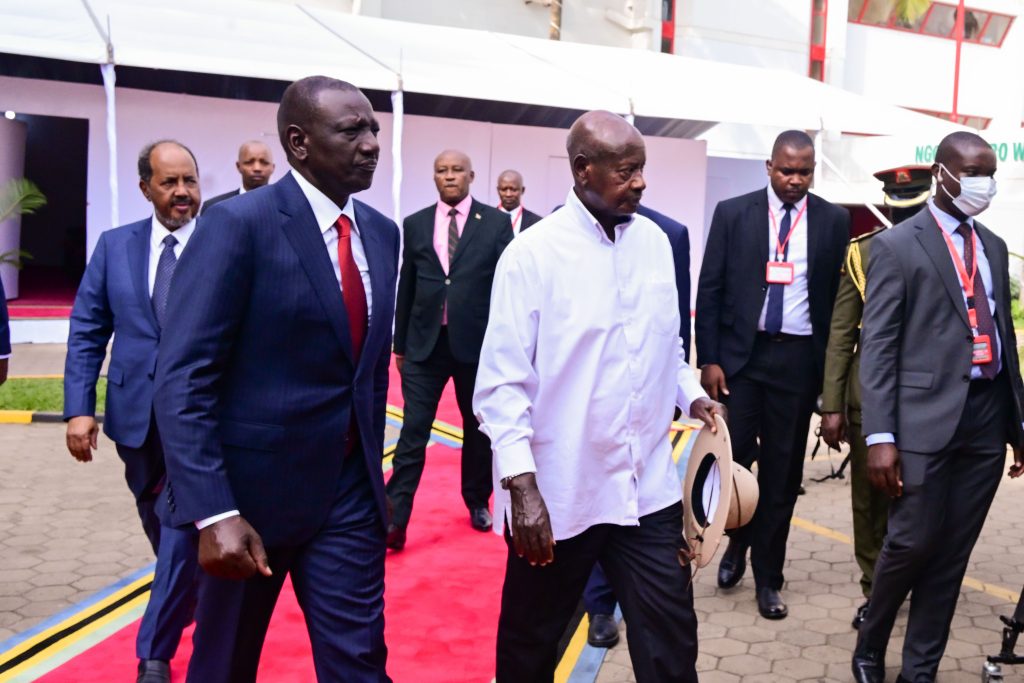
President William Ruto of Kenya lauded his Ugandan counterpart H.E Museveni for his pivotal role in promoting East African unity and integration, reaffirming Kenya’s commitment to advancing the East African Community agenda.
“Mzee, we congratulate you. Having you in our midst reminds us of why this journey is important. You continue to guide us in building a stronger East African Community,” he stated.
President Ruto emphasized the shared belief among East Africans that the EAC project is on the right path, highlighting the collective efforts of member states to deepen socio-economic, cultural, and political integration.
“The EAC treaty is bringing us closer together. It strengthens our shared values and fosters collaboration among member states,” he said.
Reflecting on milestones achieved, President Ruto noted the overwhelming support for the EAC’s political federation since its inception.
“In 2007, it was clear that East Africans overwhelmingly supported the EAC. By 2017, professionals began shaping the journey towards a customs union, a common market, a monetary union, and ultimately a political confederation,” he explained.
He also commended Uganda, Kenya and Burundi for their significant strides in consolidating the federation and applauded Rwanda, Tanzania, and South Sudan for setting clear timelines for political integration.
President Ruto further highlighted the EAC’s status as Africa’s most advanced economic bloc.
“Today, intra-regional trade within the EAC stands at 25-28%, the highest in Africa,” he noted.
He praised the region’s functioning institutions, including the East African Legislative Assembly (EALA) and the East African Court of Justice, as cornerstones of its success.
President Ruto underscored the economic benefits of integration, emphasizing the need for a barrier-free market.
“We must provide a large enough market for our producers, manufacturers, and businesspeople to trade and invest. A market without barriers is crucial for our prosperity,” he asserted.
The Kenyan President also stressed the link between regional security and economic growth.
“It’s impossible to attract investors or do business without peace, security, and stability. That’s why we must collectively invest in the safety of our region,” he said.
President Ruto further highlighted Kenya’s contributions to peacebuilding efforts, citing collaborations with South Sudan and welcoming the Democratic Republic of Congo’s proposal to unify the Rwanda and Nairobi peace processes.
“Kenya is fully committed to supporting peace, security, and stability in the region, sparing no effort in this endeavor,” he remarked.
President Ruto drew inspiration from the vision of the region’s founding fathers, including Julius Nyerere, Jomo Kenyatta, and Milton Obote.
“Though the initial East African Federation didn’t progress as envisioned, we must commend Zanzibar and Tanganyika for uniting to form the United Republic of Tanzania. This demonstrates the power of bold steps towards unity,” he reflected.
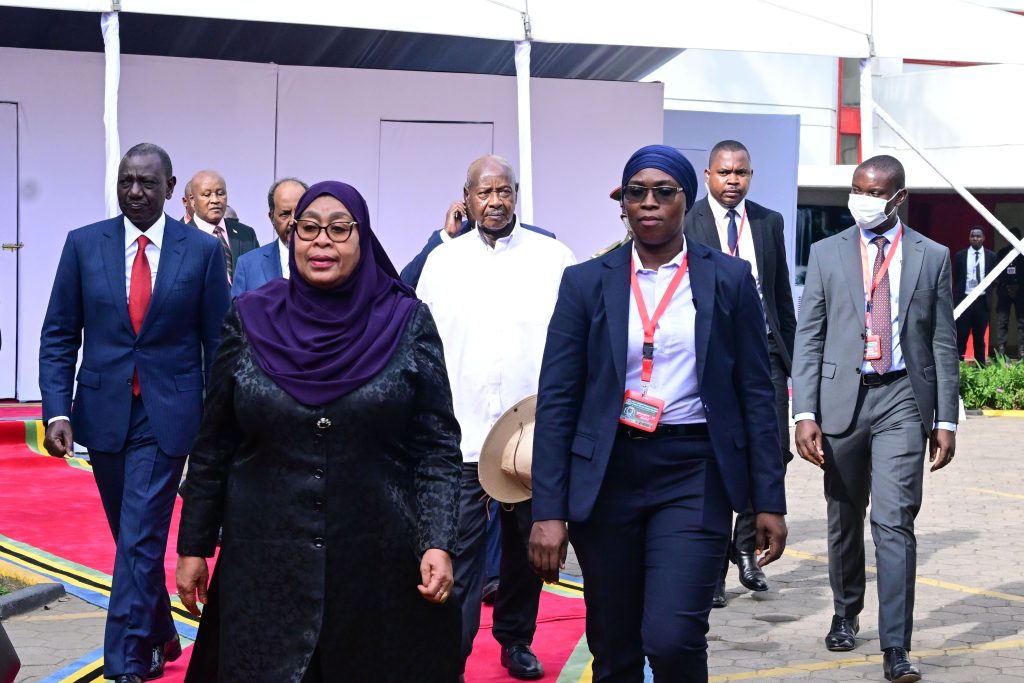
Tanzania’s President, H.E Dr. Samia Suluhu Hassan expressed deep pride in her country’s role as the custodian of the EAC headquarters, emphasizing the significance of collaboration among member states in achieving the community’s goals.
“This milestone is not just a celebration of the EAC’s existence but also a testament to the unwavering commitment of partner states to unity, peace, and shared prosperity,” she stated.
“Tanzania is honored to host the EAC Secretariat, which serves as a symbol of our collective dedication to regional integration and cooperation.”
President Suluhu also commended the strides made over the past 25 years, including the establishment of the Customs Union, the Common Market, and the ongoing efforts toward a Monetary Union.
She called for a renewed dedication to the realization of the ultimate goal of a Political Federation.
Dr. Suluhu also highlighted the importance of sustainable development, trade facilitation and infrastructure projects that have been instrumental in improving the livelihoods of East Africans.
“Our partnership has brought tangible benefits to millions across our region, but we must remain steadfast in addressing emerging challenges together,” she added.
Additionally, President Suluhu reaffirmed Tanzania’s commitment to strengthening the bloc’s integration agenda.
“The journey of the EAC is far from over. Let us build on this foundation with unwavering unity, ensuring that the next 25 years bring even greater prosperity and peace to our people,” she concluded.
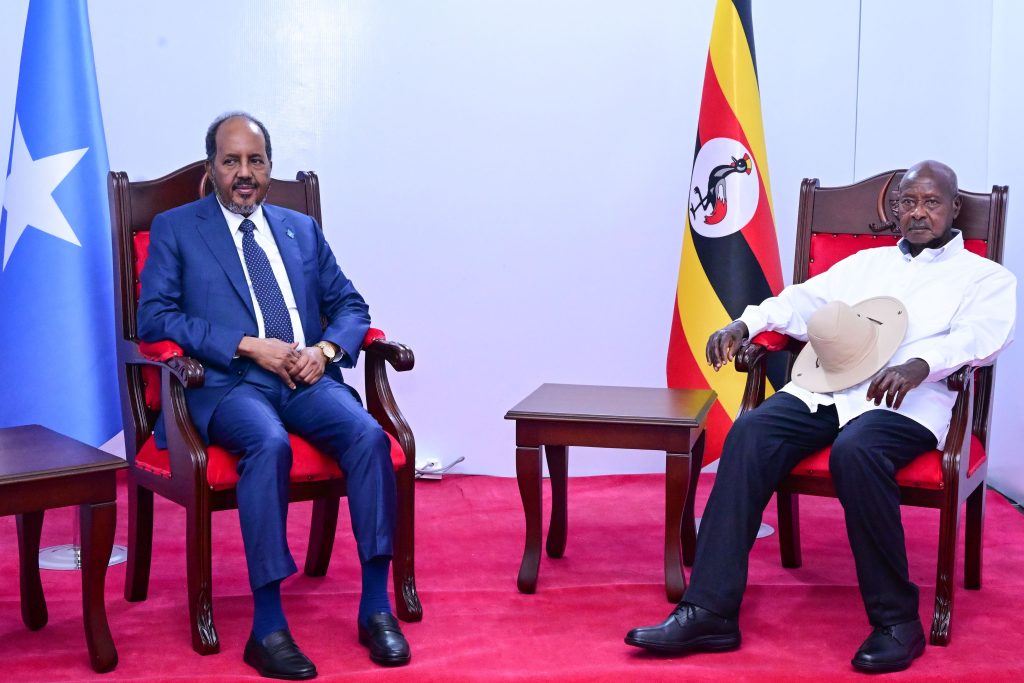
On his part, Somalia’s President, H.E Hassan Sheikh Mohamud described his country’s membership in the East African Community as a landmark achievement in advancing regional integration and economic development.
President Mohamud highlighted the strategic importance of joining the bloc and outlined Somalia’s aspirations for collaboration within the community.
“Somalia’s membership of the EAC has been a milestone for regional integration and development,” said President Mohamud.
“We have tried before to establish a number of initiatives for economic integration, but for many reasons, they didn’t work. Instead of starting a new initiative, we decided to join the EAC, an already firm and strong community.”
He also expressed confidence in Somalia’s potential to contribute meaningfully to the region, emphasizing that the Somali people are inherently entrepreneurial and resilient.
“Our community is business-oriented and made up of risk-takers. We decided to lead our people into being part of the bigger family of the EAC,” he added.
President Mohamud identified several sectors where Somalia seeks to collaborate with fellow EAC member states, including agriculture, livestock, fisheries, infrastructure and education.
“The Somali government has already created an enabling environment, including investor protection laws. While Somalia has historically been a socialist country, we are now committed to safeguarding investors through the laws of the land,” he said.
“We have significantly increased the potential of our agricultural, livestock, and fisheries sectors. Infrastructural development is another promising area that allows Somalia to enhance and contribute to the broader region, thanks to the conducive environment we are fostering.”
President Mohamud further commended the EAC for its role in facilitating opportunities for the Somali people to acquire training and skills.
“Somalia has been given the opportunity by the EAC to educate our people in critical fields so that we can compete fairly within the region. We wish for deeper collaboration through knowledge sharing and capacity building,” he stated.
The Vice President of Burundi, H.E Prosper Bazombanza emphasized the need for concrete actions to eliminate non-tariff barriers and enhance cross-border trade.
Representing President Évariste Ndayishimiye, H.E Bazombanza hailed the EAC’s 25th anniversary as a significant milestone in regional integration and cooperation.
The Vice President outlined Burundi’s commitment to fostering trade and integration within the EAC by prioritizing the removal of non-tariff barriers.
“The elimination of non-tariff barriers is our priority,” he said, stressing that this goal requires coordinated actions.
He thus proposed Evaluation and Identification of Non-Tariff Barriers.
“We must carry out a thorough evaluation to identify non-tariff barriers such as importation customs procedures, regulatory standards and quality benchmarks,” he said.
H.E Bazombanza called for standardized quality measures across partner states and emphasized the need for improved transparency.
“Creating clear and accessible guidelines for commercial regulations and ensuring all stakeholders are well-informed is key,” he added.
The Vice President also urged the EAC to prioritize e-commerce by enhancing digital platforms.
“We must implement solutions for e-commerce and adopt electronic systems that facilitate trade efficiently across the region,” he suggested.
“Promoting environmental standards and supporting renewable energy initiatives are crucial,” he said, advocating for investments in renewable energy projects to ensure sustainable development while boosting trade.
The summit was also attended by key officials from the EAC Secretariat, including the Secretary General and other senior staff who facilitate the community’s day-to-day operations and implementation of policies, High-level representatives from other African regional blocs, such as COMESA and IGAD, international development partners, among others.
